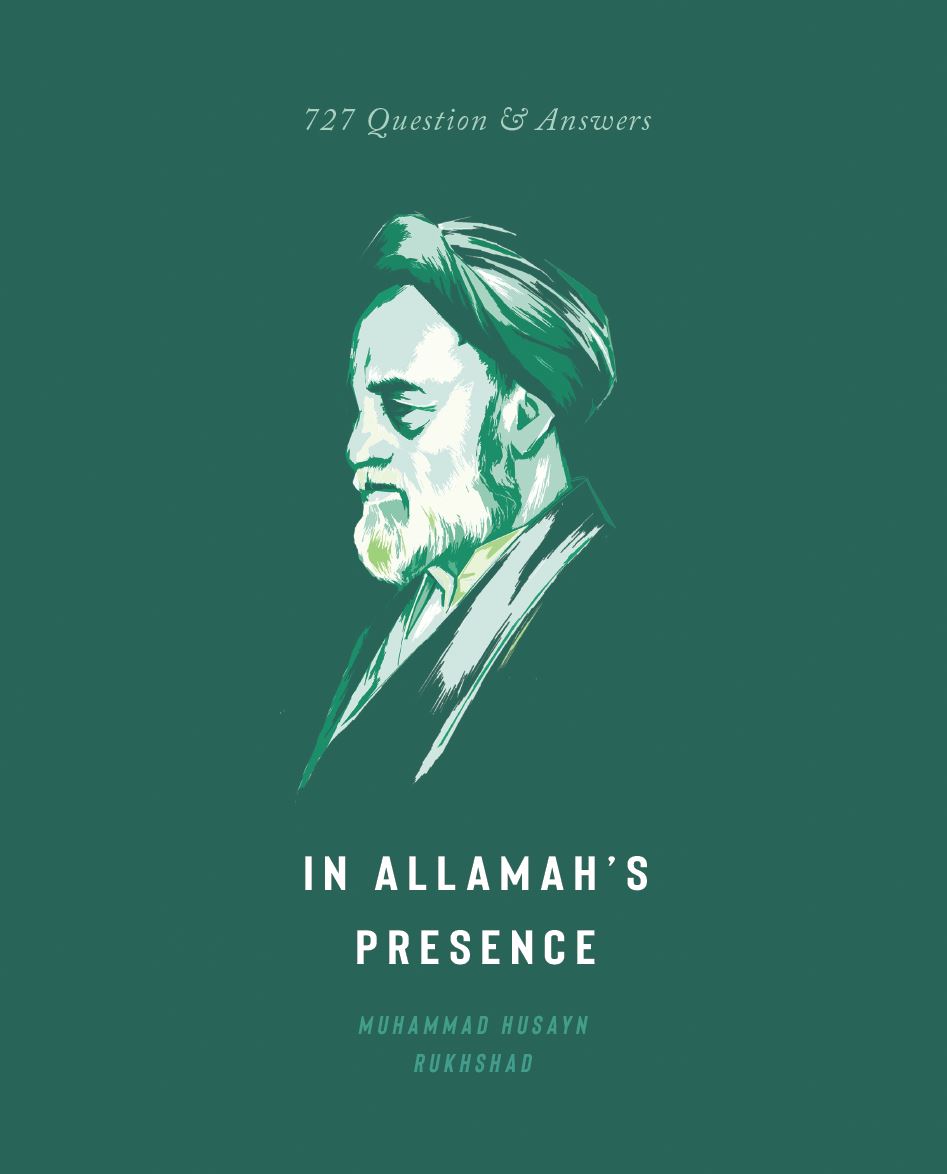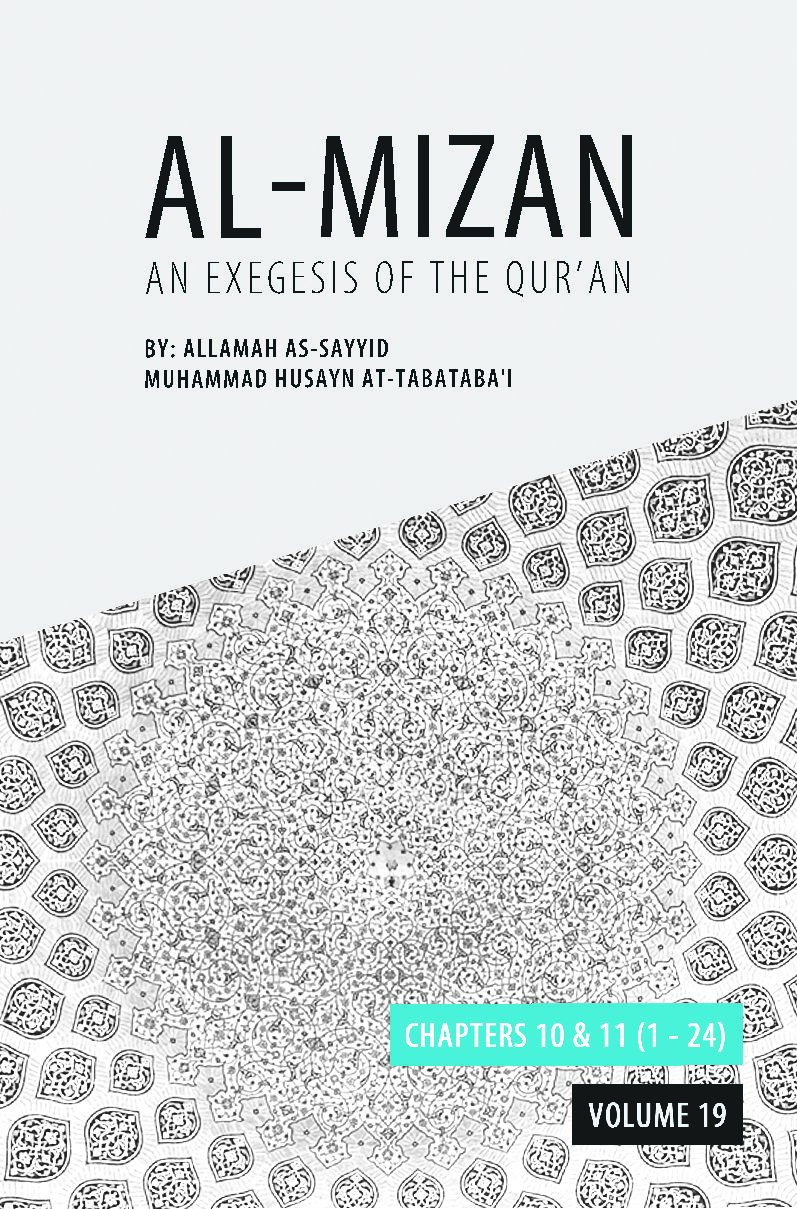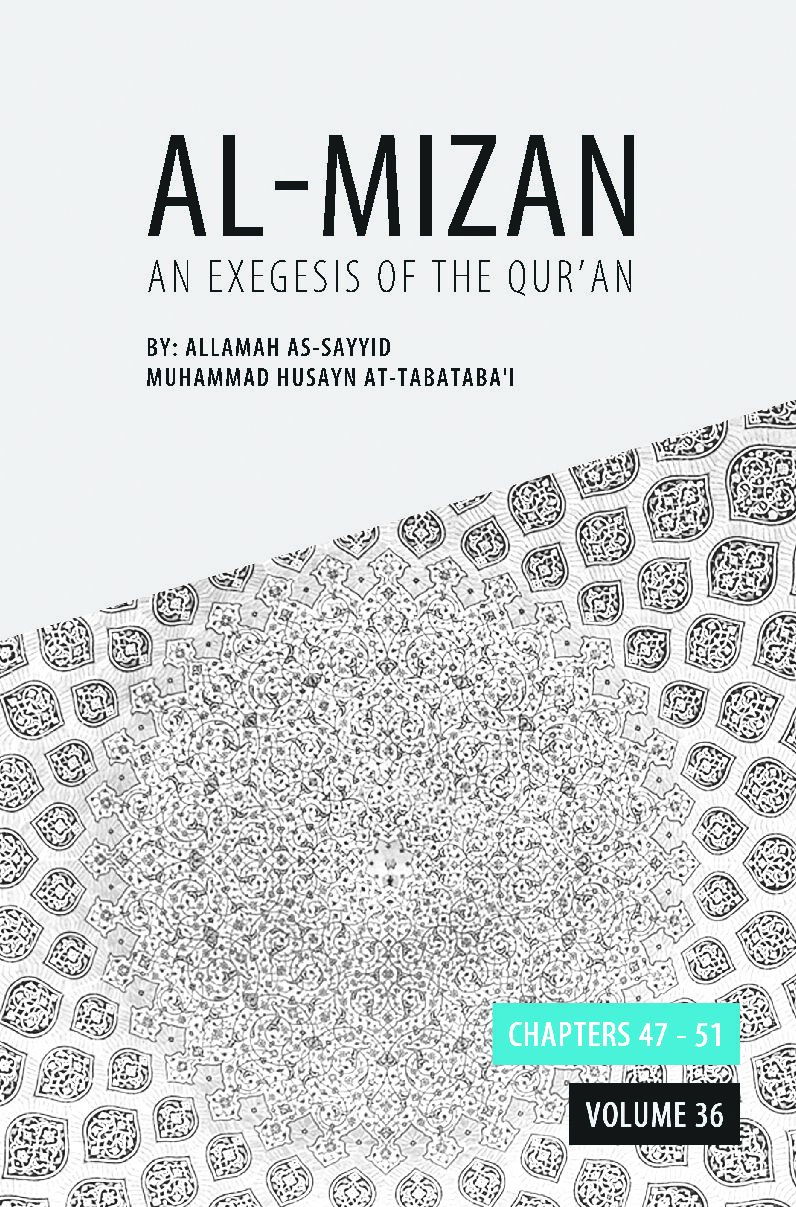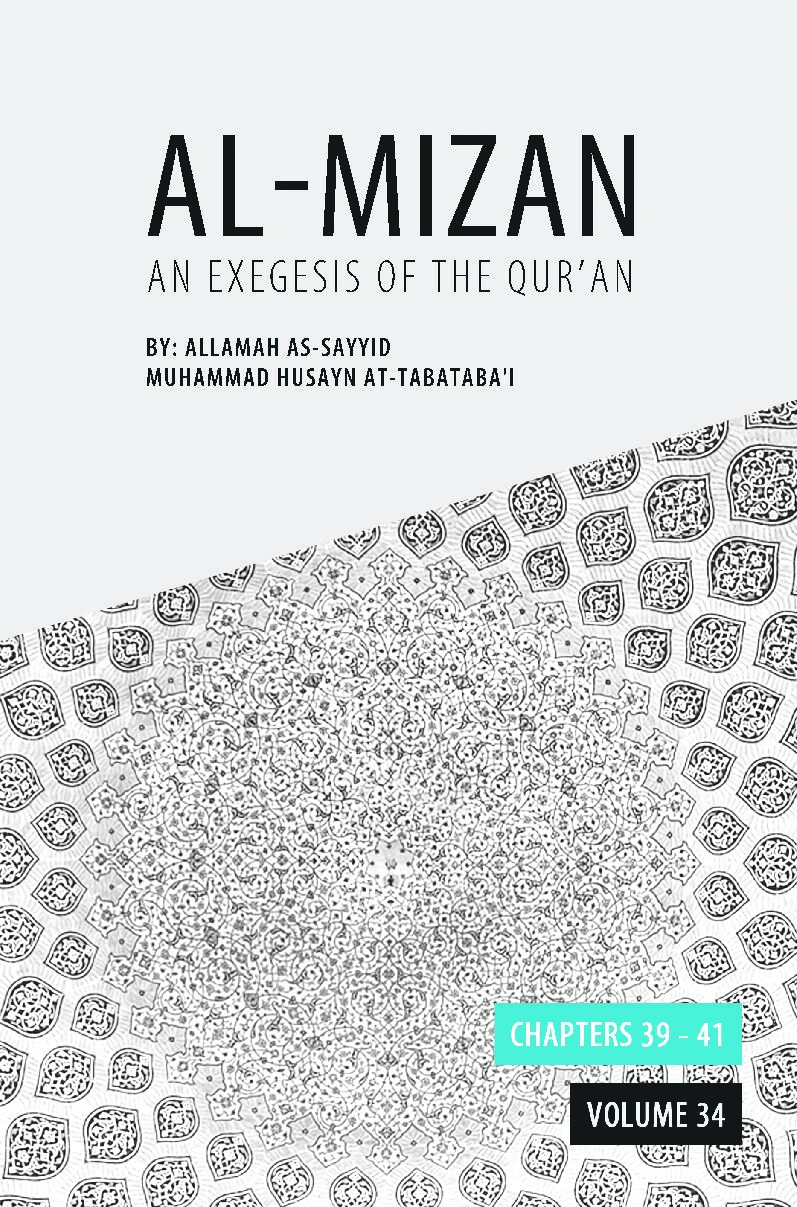The apostles asked Prophet Jesus, “O Spirit of God! Whom should we sit with?” He answered, “With one who reminds you of God when you see him, whose speech adds to your knowledge, and whose actions make you incline towards the hereafter.”
ʿAllāmah Sayyid Muḥammad Ḥusayn Ṭabāṭabāʾī was indeed one of those godly scholars whose mere presence was enlightening, inspirational and transformative. The compiler depicts the ʿAllāmah’s presence in his preface as follows: “His gravity was mixed with humility and modesty, such that no audacity or disrespect on the part of the inquirers could jolt him out of his state of equanimity, tolerance and self-control.”
This book, originally in Persian, was compiled by one of the ʿAllāmah’s students, Muḥammad Ḥusayn Rukhshād, who is currently a scholar in Qum. The questions were asked by himself and other students at the Seminary (Ḥawzah) of Qum in meetings that they had with the ʿAllāmah on Thursdays and Fridays. In addition to assiduously gathering and transcribing this collection, the compiler has arranged them according to topic and has done a tremendous amount of research to locate the references for the questions and answers. In some cases he has also added a note to further clarify the question and/or the answer. May God reward him for his effort.
The book is quite diverse in terms of its content. It covers a variety of topics pertaining to the Islamic belief system, the Qur’an, hadith, history and self-purification. Since the questions are from different sessions and individuals, there is no thread joining them together, so the readers can jump to the sections that they find more interesting without missing the context. The ʿAllāmah’s frequent citations from the Qur’an show his intimate connection with the scripture and his deep knowledge of it. The book is also a rich source of Islamic traditions narrated from the Prophet Muḥammad and the twelve Shia Imams.
Since the book is a collection of questions by different individuals at different times, there is some repetition and overlap between some of the questions. However, all questions have been maintained in faithfulness to the original text. Moreover, the repetitions help to analyze the topic from different angles, with more details and examples. Also, the repetitive questions are on prevalent topics where emphasis and elaboration are rather desirable (such as free will and predestination), especially by someone like ʿAllāmah Ṭabāṭabāʾī. Nevertheless, the order of the questions and chapter classifications have been modified slightly for more consistency.
An extensive index of terms and an index of Qur’anic verses have been provided at the end to help readers navigate through the book and find their favorite discussions. For the Qur’anic verses, ʿAlī Qulī Qarāʾī’s translation has been used, with minor modifications. Annotations that help one understand the text are provided in the footnotes on the same page. Otherwise, references and other notes that are meant for more advanced readers are presented at the end of the book. If a note is preceded by “TR” it is by me; otherwise, it is by the compiler, Mr. Rukhshād. Likewise, my additions in the text are indicated by [square brackets], while the compiler’s additions are indicated by (round brackets).
An initial draft of the English translation was done by three contributors: Fatima El-Diwany, Mostafa El-Diwany and Mohammad Mehdi Baghi. I picked up their work but made major modifications to it and re-translated a significant part. Therefore, on the one hand I’m indebted to them for their invaluable contribution, and on the other hand I bear the responsibility for any mistakes. I especially would like to thank the El-Diwany siblings for agreeing to take up this great project despite their full time professional occupations, and insistently refusing any compensation for it. I am also sincerely thankful to Mohammad Mehdi Baghi for his professional job in an exceptionally quick time span. I am also grateful to Tawheed Institute Australia for funding this project. I would especially like to thank brother Ali Khalfan, despite his unwillingness to be mentioned in any capacity, for sponsoring, coordinating, and following up on every stage of the process, diligently from the beginning to the end. The reward of them all is with the One Whom they worked for. Indeed Allah does not waste the reward of the virtuous (9:120, 11:115, 12:90).
Foreword by Tawus Raja (Translator)





